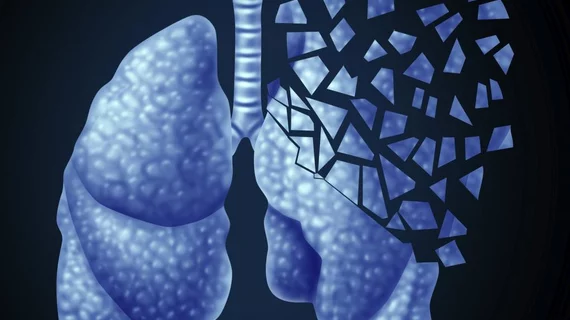AI informs personalized radiation therapy for cancer patients
AI can help inform the personalized dose of radiation to treat cancer patients, with the technology using information from medical scans and EHRs, according to researchers from Cleveland Clinic.
The AI framework developed––the first to use medical scans for radiation dose information––could help influence radiation therapy in the future by accounting for individual tumor characteristics or other patient-specific factors that can affect treatment success. Radiation is currently delivered uniformly. The individualized radiation therapy can reduce treatment failure to less than 5%, according to researchers, who published their findings in The Lancet Digital Health.
Cleveland Clinic researchers put pre-therapy lung CT images from 944 patients into a Deep Profiler with a multi-task deep neural network to predict treatment outcomes. The AI framework developed also used electronic health records from the patients.
“While highly effective in many clinical settings, radiotherapy can greatly benefit from dose optimization capabilities,” lead author Mohamed Abazeed, MD, PhD, a radiation oncologist at Cleveland Clinic's Taussig Cancer Institute and a researcher at the Lerner Research Institute, said in a statement. "This framework will help physicians develop data-driven, personalized dosage schedules that can maximize the likelihood of treatment success and mitigate radiation side effects for patients."
The AI model used the images and information from the health records to create a personalized radiation dose. According to researchers, the model is a first-of-its-kind framework, a hybrid that uses an artificial neural network with both machine learning and the power of a modern neural network, with the network able to determine how much prior knowledge to use.
Researchers stated that the “most important message” in their study was the use of CT images as a contributor to the individualization of radiation dose, with the framework learning predictive features from the images.
"Machine learning tools, including deep learning, are poised to play an important role in healthcare," Abazeed said. "This image-based information platform can provide the ability to individualize multiple cancer therapies but more immediately is a leap forward in radiation precision medicine."

